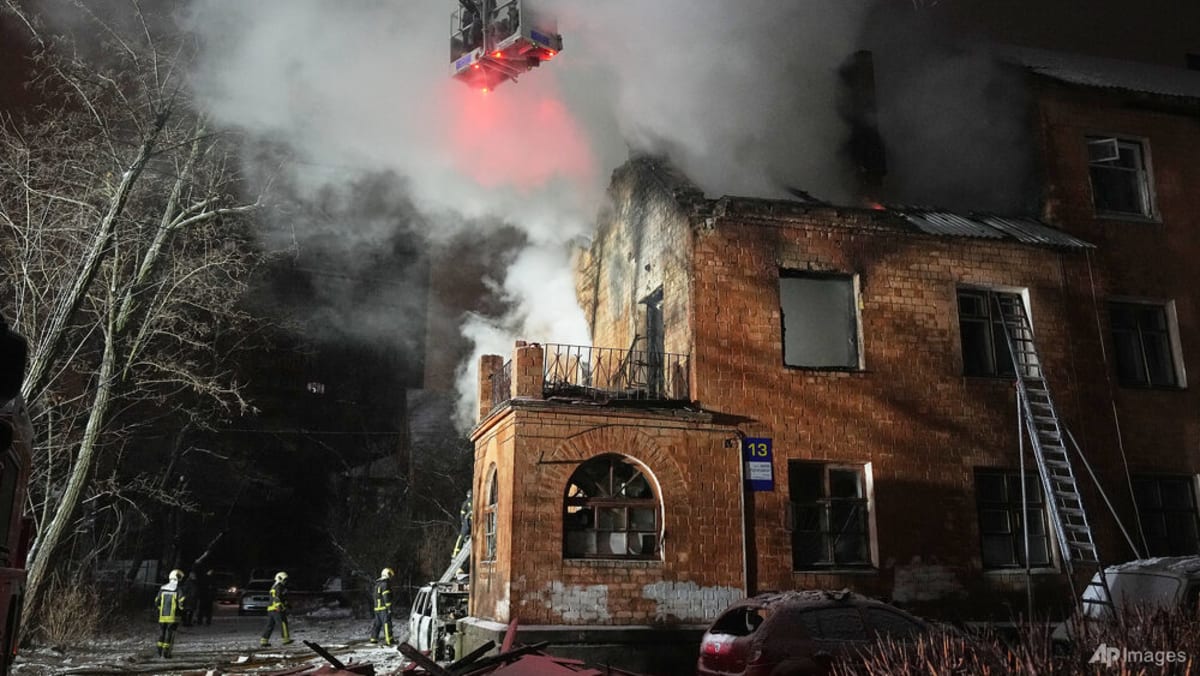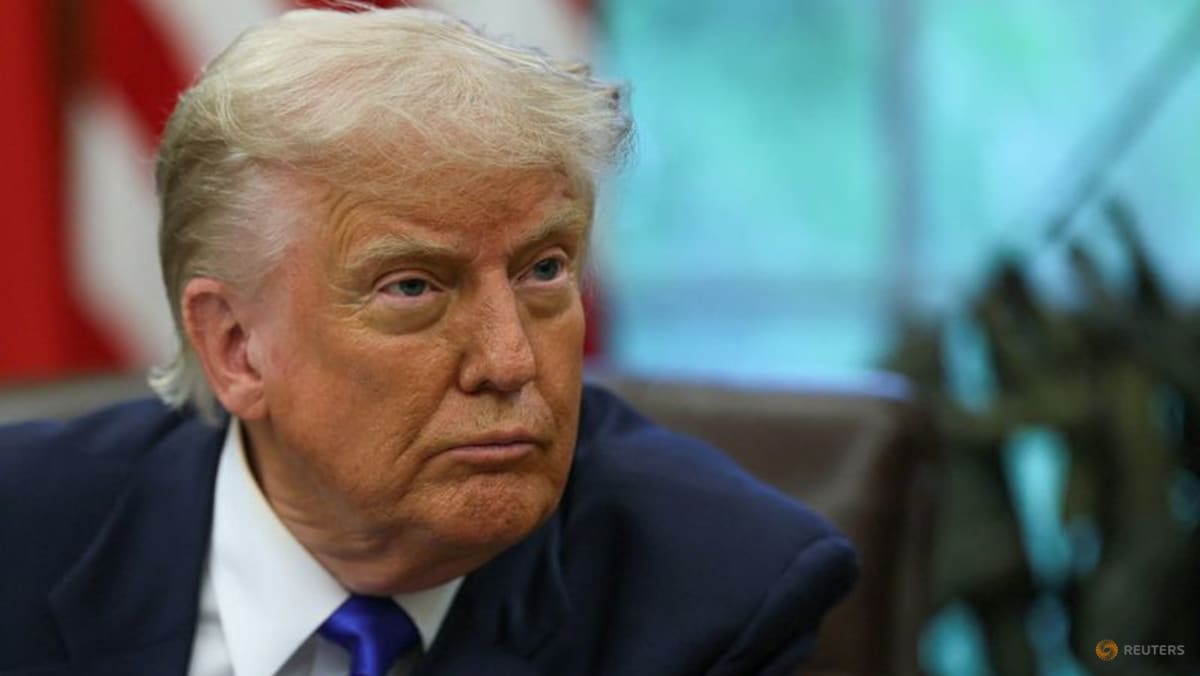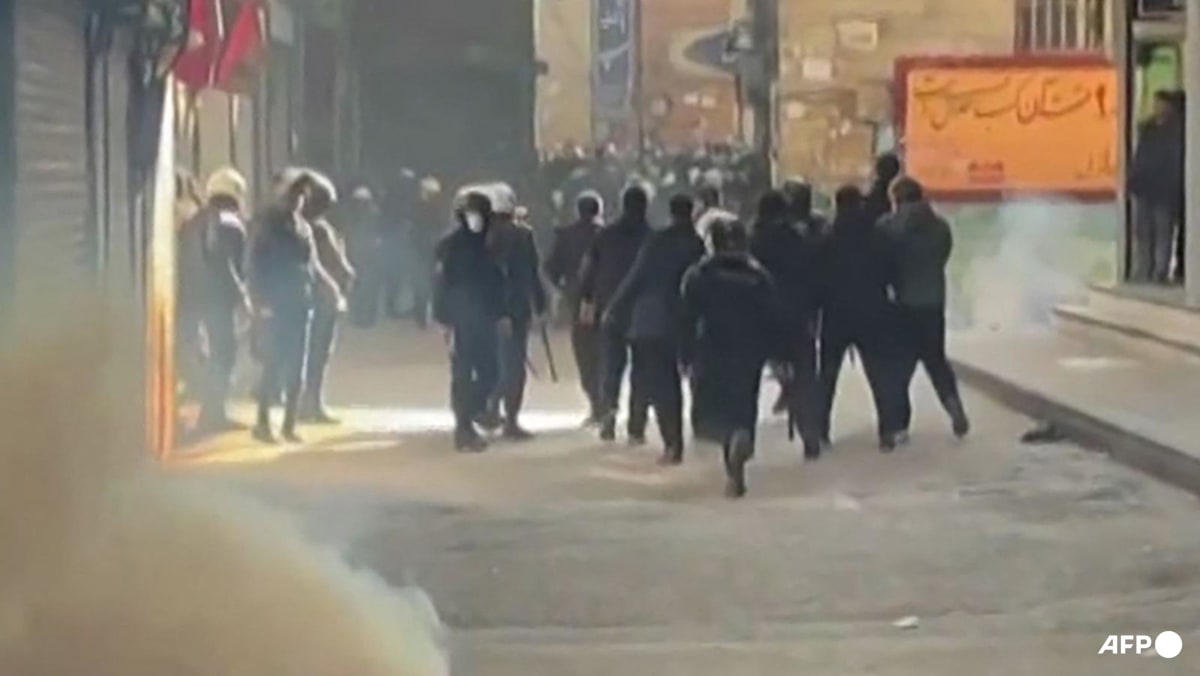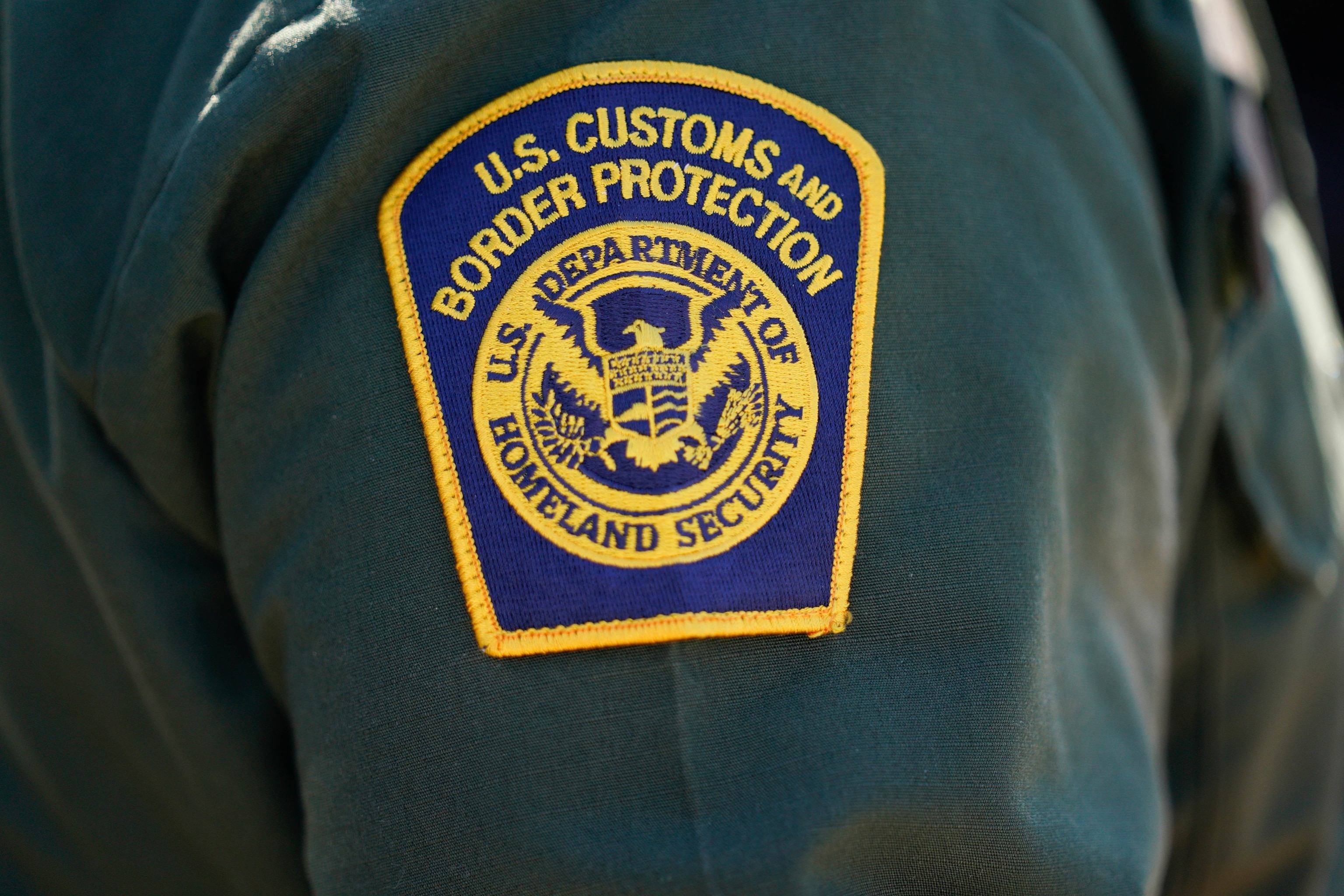Commentary: Is Iran’s anti-Israel and American rhetoric all bark and no bite?
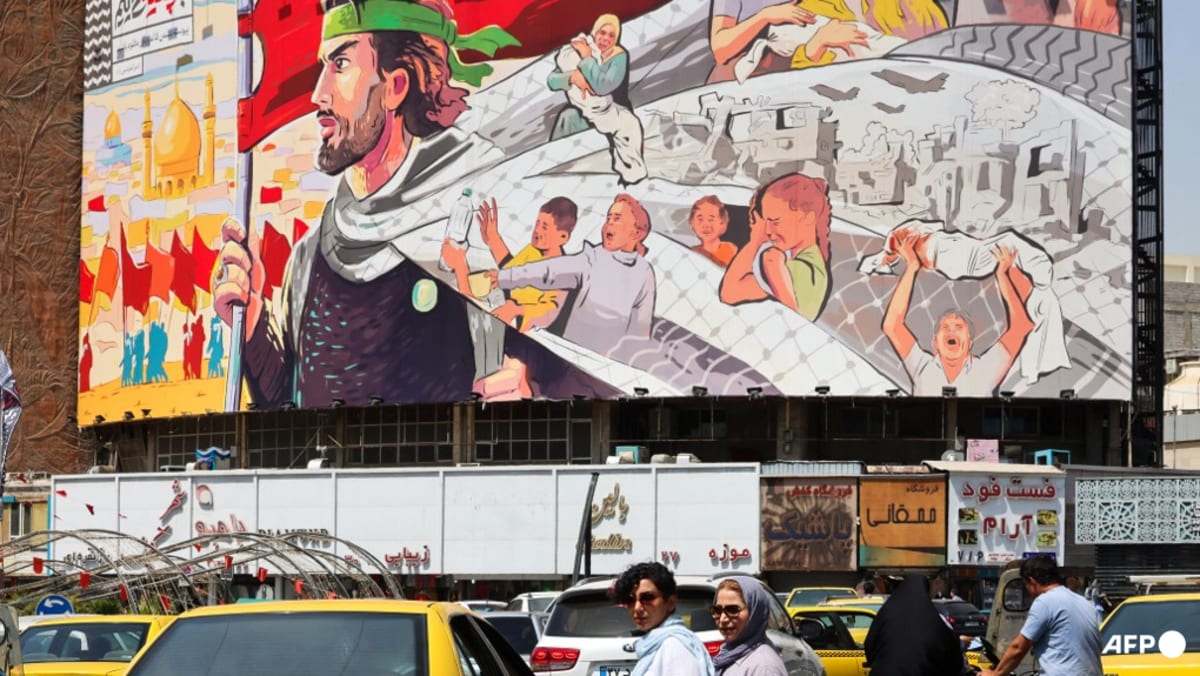
CROSSING A THRESHOLD IN APRIL
In April this year, Israel targeted Iran’s embassy complex in Damascus, killing members of the Islamic Revolutionary Guards Corps.
This led to a carefully choreographed Iranian response. Iran could not ignore the Israeli attack, which the authorities condemned as an assault on Iranian sovereign territory, but did not wish to go into war with Israel.
As a result, Iran reportedly gave advance warning of its impending response, which allowed Israel and its allies to shoot down most of the 300-odd missiles and drone fired from Iran.
This response was nonetheless seen as a victory in Iran, as it demonstrated its technological capacity to reach Israel. It also marked a departure from Iran’s default position of talking tough, but not getting involved in direct confrontation.
Iran clearly crossed a threshold in April, but seems very uneasy about the consequences.
Then, on Jul 31, Haniyeh was assassinated while on a visit to Iran. Although Israel has neither confirmed or denied responsibility, it is widely believed to have been behind it.
This has put the Iranian leadership in a bind. There have been calls from hardliners for retaliation to restore Iran’s image as a country that can defend itself and avenge the killing of a close ally. Khamenei has also insisted Israel will be punished for its action, but the time would be of Iran’s choosing.
It is clear the Iranian leadership cannot afford to look weak and risk damaging their standing among their allies and proxies in the region, which include Hamas, Hezbollah in Lebanon, the Houthi rebels in Yemen and other Shi’a militant groups in Iraq and Syria. But there are also other considerations that weigh heavily on their mind.
Source: CNA






